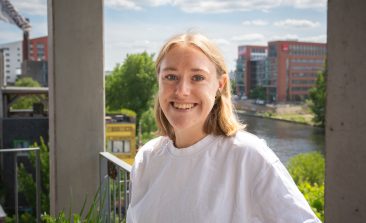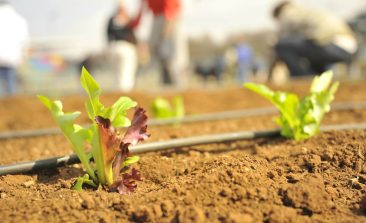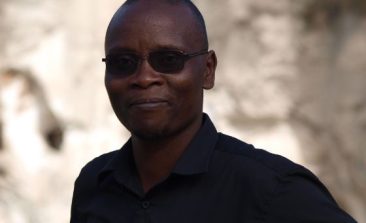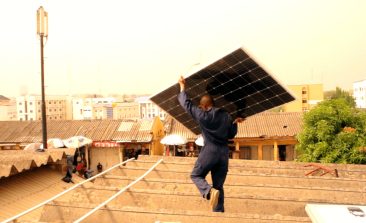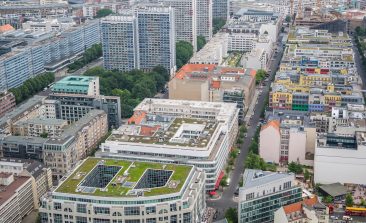Interview with Kezia Rice, RESET’s Latest Sustainability Writer
Kezia is a freelance journalist and copy editor from the UK, specialising in topics relating to climate change and the toxicity of the fashion industry.
“Agriculture Can Do So Much More Than Produce Food”: We Interview Sonoko Bellingrath-Kimura
Agriculture primarily produces food, but can also help to protect the climate. We spoke to Prof. Dr Sonoko Bellingrath-Kimura about how digitalisation can assist.
Interview with Joseph Maina, RESET’s Voice From Kenya
Joseph Maina is a freelance journalist based in the Kenyan town of Naivasha. He holds a BA in journalism from the University of Nairobi.
Solar Energy in Africa: “If We Don’t Know the Real Problem, the Solution Will Probably Be the Wrong One”
The non-profit Access to Energy Institute (A2EI) aims to supply as many people as possible in Africa with solar power. It relies on comprehensive, data-driven problem analysis and optimised solutions to achieve this.
EnergieCheckpoint: Visualising the Energy Efficiency of Berlin’s Public Buildings
By law, Berlin's operator of public buildings is required to report energy consumption data for each individual building. The initiative EnergieCheckpoint visualises the data and seeks to make it actionable.
“Digitalisation is Key to Climate Neutrality in the Building Sector”: An Interview with Sibyl Steuwer
How can we rapidly revolutionise the construction industry, and where are digital technologies playing a pivotal role? Sibyl Steuwer from BPIE shares her insights in an interview.
Why You Need to Charge Your Smartphone All the Time and What It Has to Do With Tracking
Digitalisation not only has a high electricity demand, but also ensures a constantly growing consumption of resources. Here's how changing your phone use can change this.
Rainforest Protection With Digital Solutions: “Digitalisation Makes Developments Visible So That They Can No Longer Be Negated”
We spoke to Stephan Bohn from the Humboldt Institute for Internet and Society (HIIG) about the extent to which digital tools and platforms have an impact on rainforest protection in Indonesia.
Interview: Movement Data Can Improve Sustainable Mobility. But How Do We Keep Our Data Protected?
Mobility-as-a-Service describes a new concept for the mobility of the future. But a lot of work still needs to be done, particularly regarding how we use mobility data.
